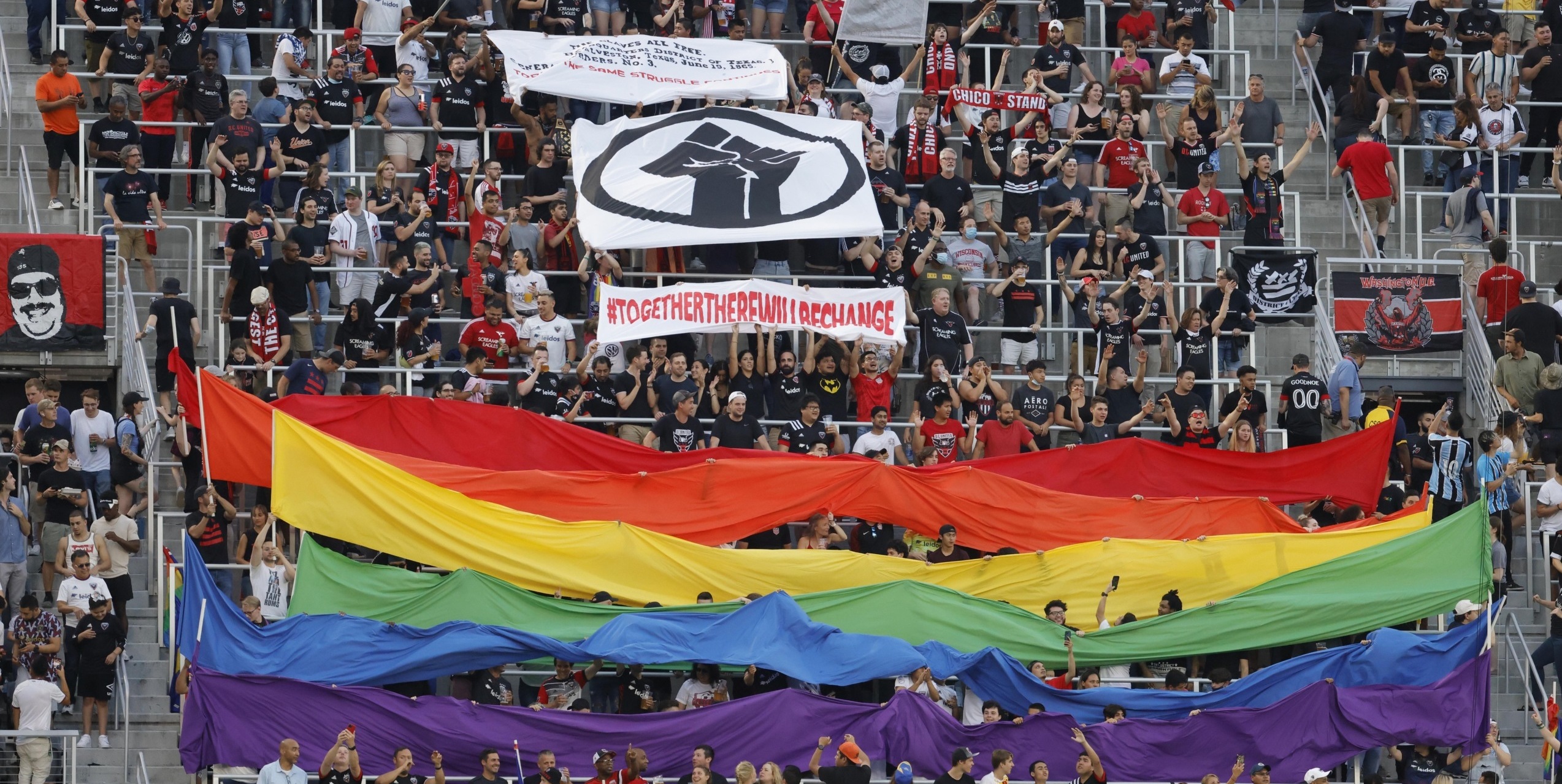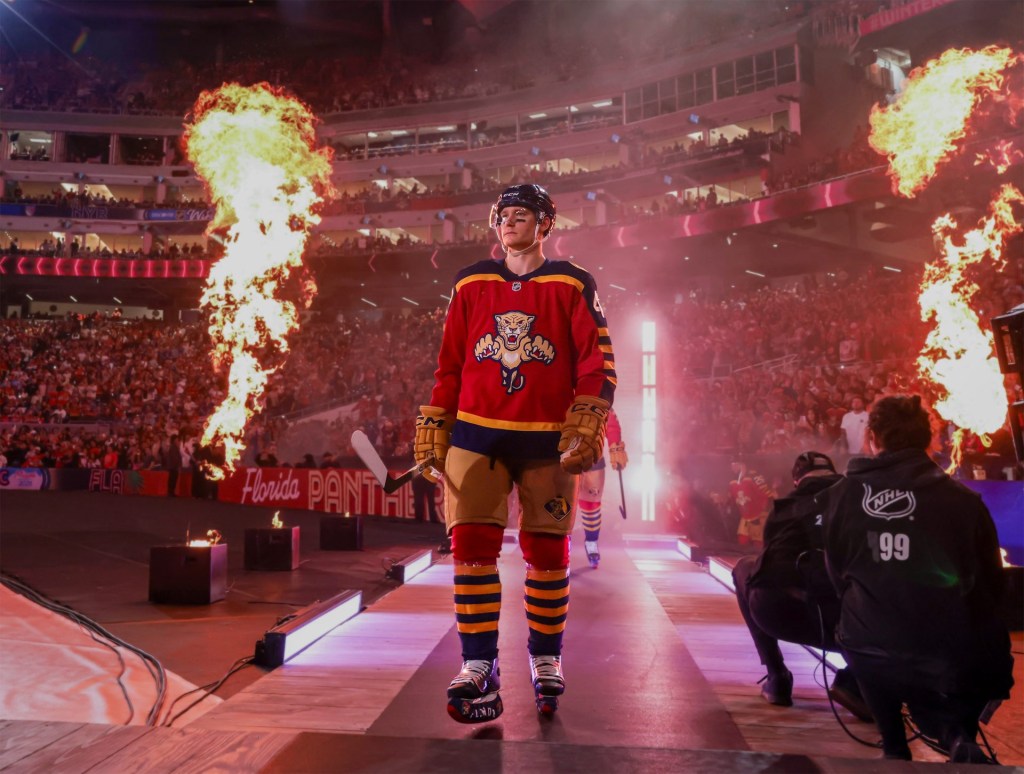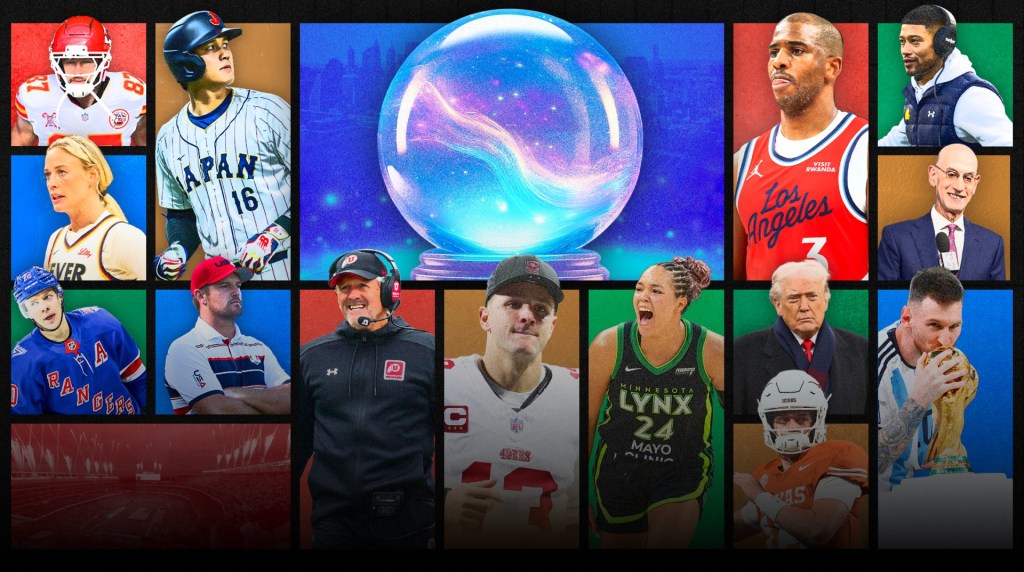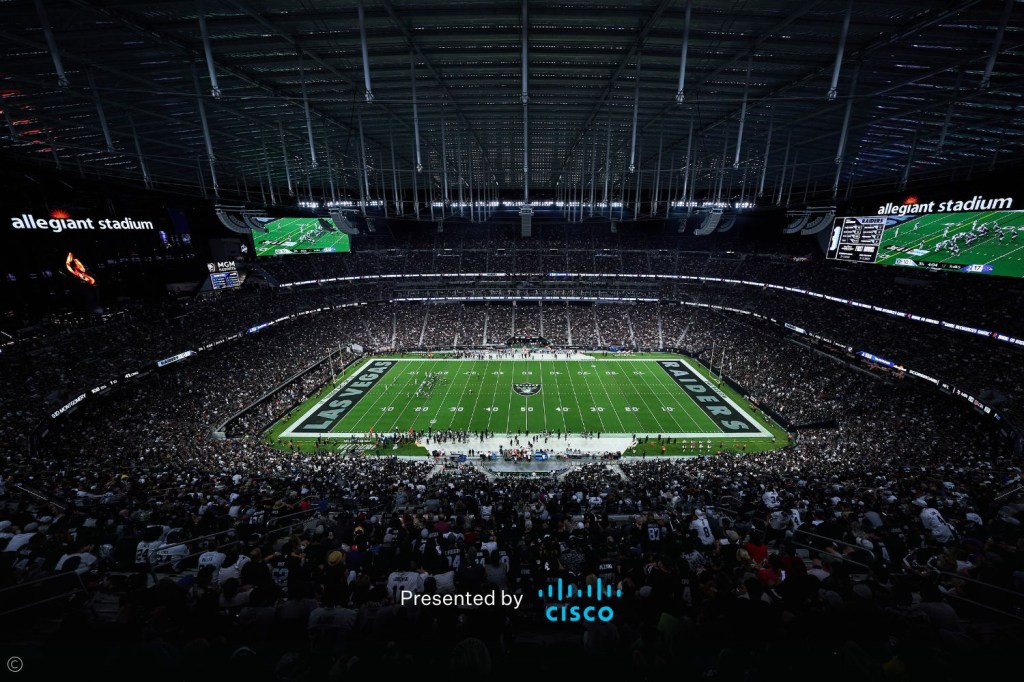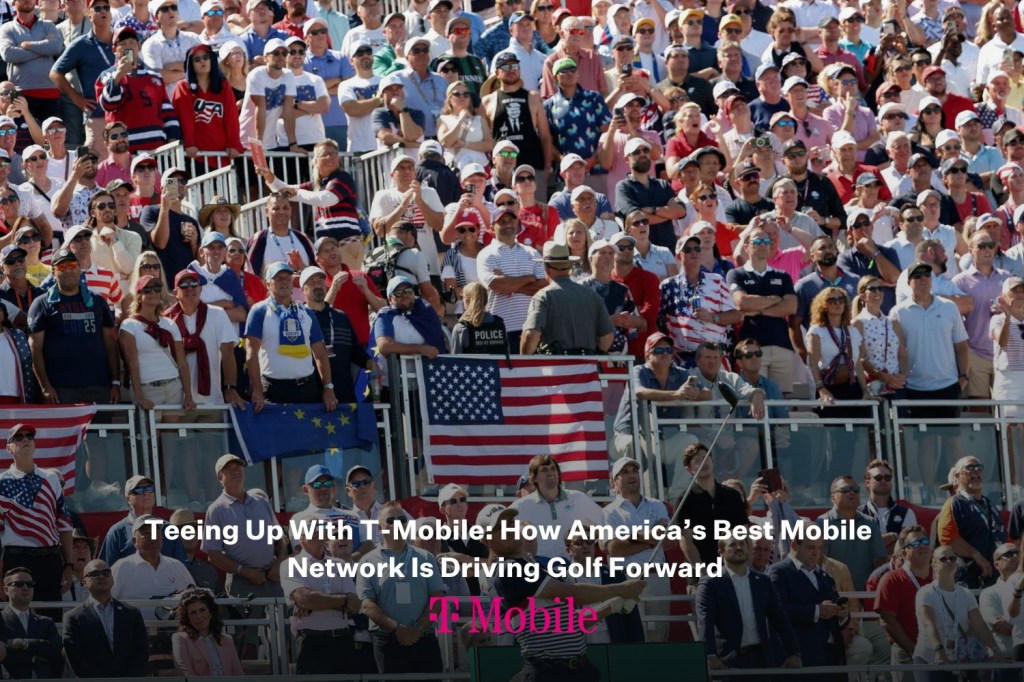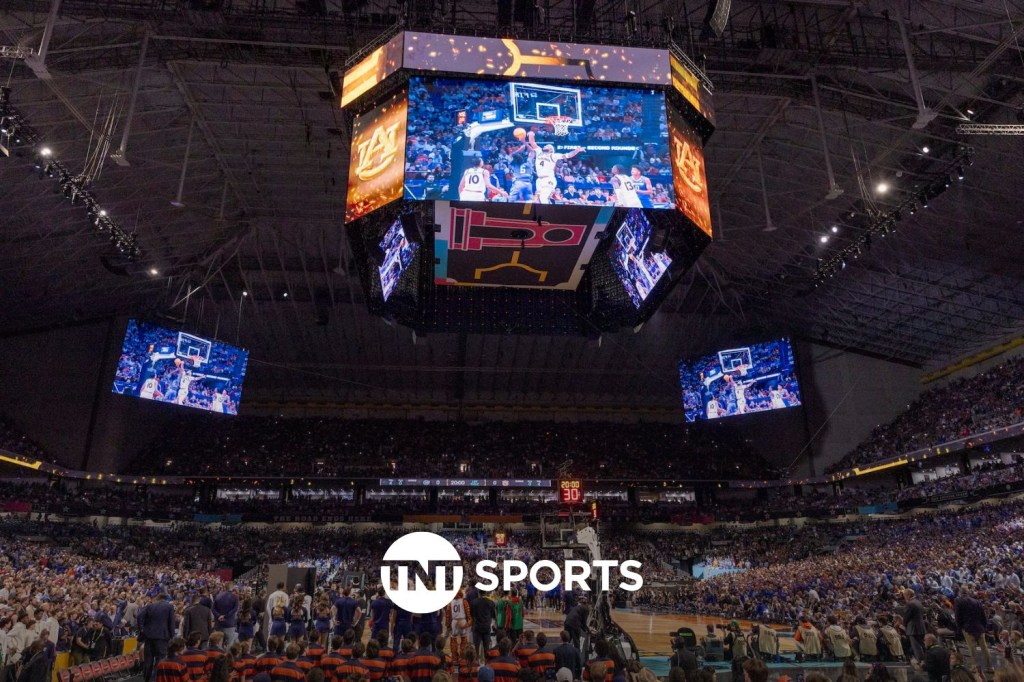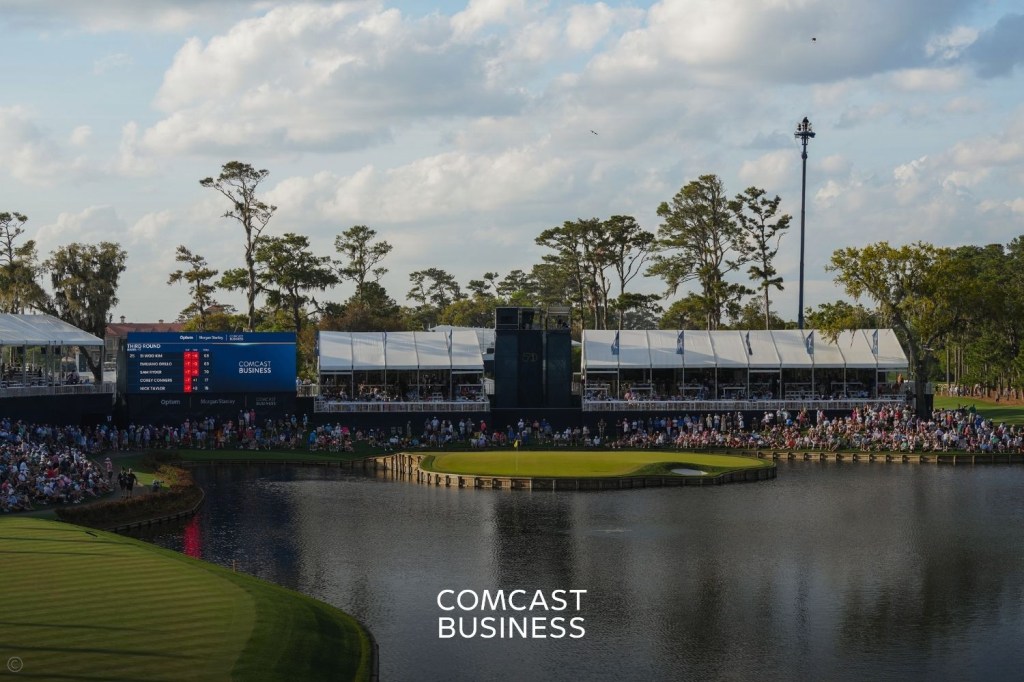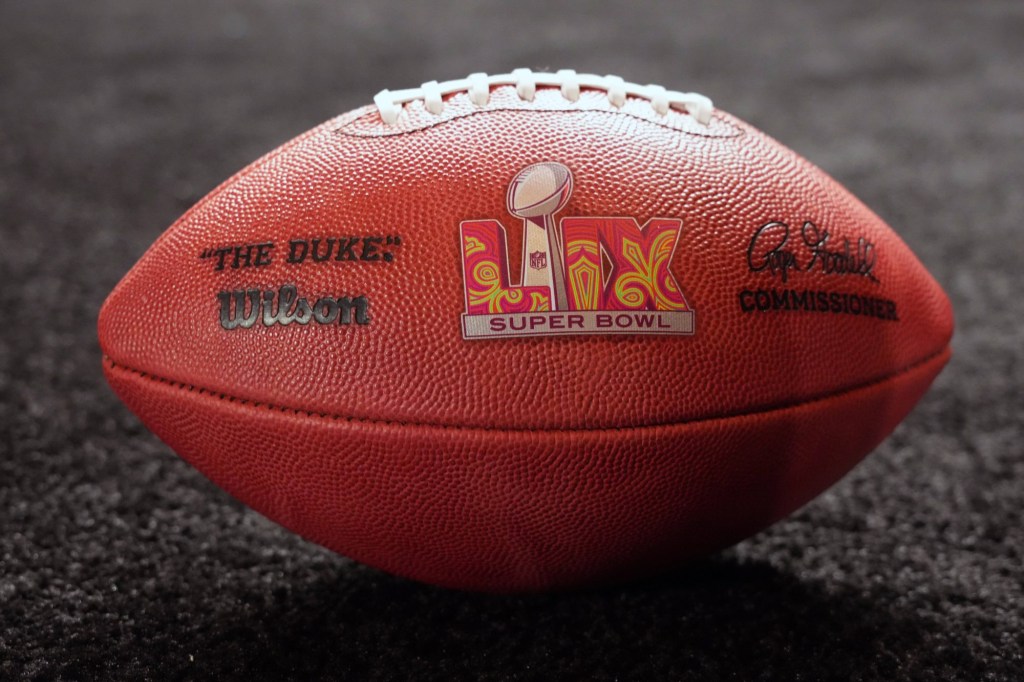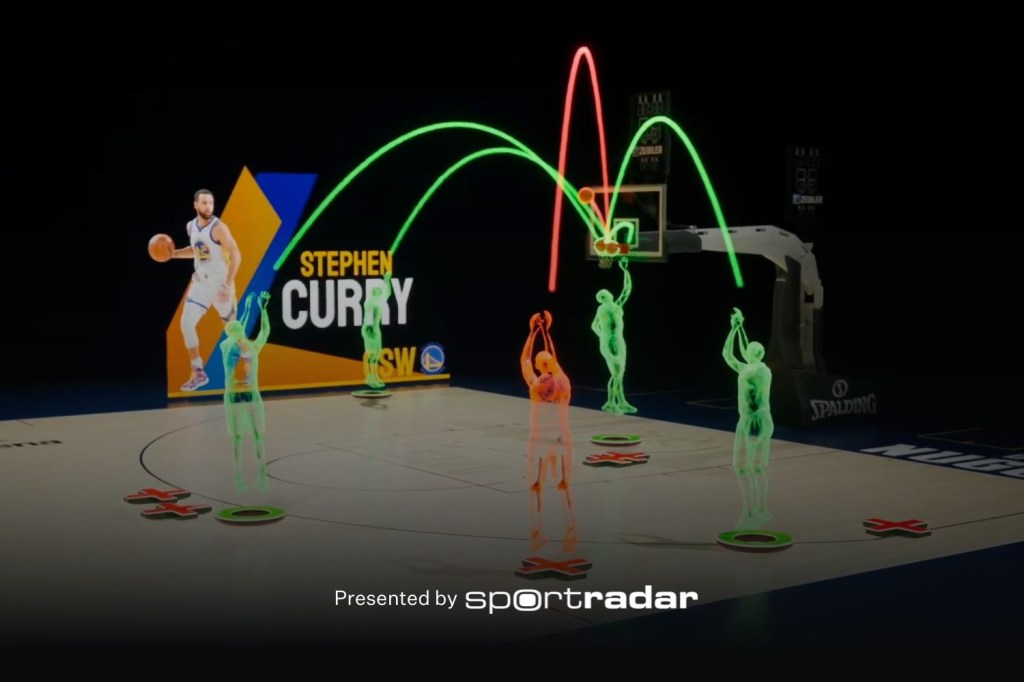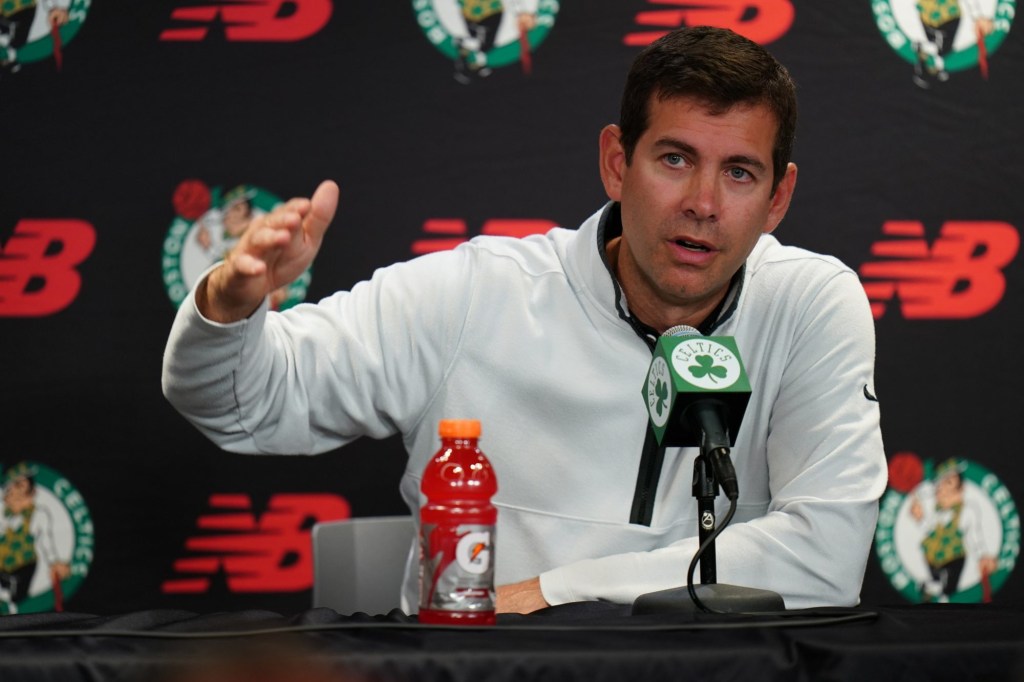Bill Gubrud didn’t anticipate the reaction from a Chicago Cubs official when he pitched the idea of what’s become the longest-running Pride game in major U.S. pro sports.
“I went to the Cubs and told them I wanted to do a Gay Day,” Gubrud told Front Office Sports. “I asked how many seats were in a section and he said 2,000. I responded, ‘OK, I’ll take them all. That’s how we started.”
Gubrud sold tickets for a game in chunks to gay-owned businesses — many located in Boystown, a short distance from ballpark — for that August 2001 contest, which is now known as Out at Wrigley.
“I had two end goals,” Gubrud said. “One was to have every single sports team across the board to have a Gay Day, which is what we called them back then. The other goal was to have athletes out without any repercussions from their teammates.”
Out pro athletes in major U.S. sports leagues remain rare, although that too is changing. On Monday, Las Vegas Raiders defensive end Carl Nassib became the first active NFL player to announce he was gay. But Gubrud’s primary objective has become nearly universal in pro sports as the number of LGBTQ+ celebrations has grown and evolved.
While the pandemic halted most events last year, 2021 has seen more incremental progress when it comes to welcoming and recognizing LGBTQ+ fans and allies — especially during June’s Pride Month.
- The San Francisco Giants became the first MLB team to incorporate the rainbow colors of the 11 colors of the Progress Pride Flag into their uniforms and hats for a game on June 5.
- MLS’ Orlando City SC and NWSL’s Orlando Pride led various initiatives this month to pay tribute to the victims and survivors of the Pulse Nightclub shooting five years ago.
- The Houston Astros became the 29th MLB club to hold a Pride game on June 16, leaving the Texas Rangers as the sole team in the league not to hold a single Pride-themed game.
Economically, Pride nights do make sense for teams. Ticket sales for Pride-themed games have resulted in a modest bump in MLB attendance, including a 3.3% boost over average attendance for the 28 MLB teams that held such games in 2019.
That doesn’t take into account revenue from Pride-inspired merchandise. Licensed merchandise giant Fanatics offers more than 1,100 Pride-themed items across nearly 200 pro and college teams.
Brian Kitts, co-founder and president of the You Can Play Project that advocates for an inclusive and safe environment in sports, tells FOS the Pride celebrations across leagues have been nothing short of transformative.
“I was outed and was afraid that I would be fired,” said Kitts, who was an executive for the Denver Nuggets and Avalanche at Kroenke Sports Enterprises when his sexual orientation became public without his approval. “It feels like we’ve done a 180 when you’re standing in the arena and everything is lit up in rainbow colors. You know, it’s just a hard thing to believe that this change happened in a very short amount of time.
“It sends a signal to the LGBTQ community that they are noticed. It sends a signal to allies and advocates that there is awareness. I think it sends a message to players and front office staff that this is an effort worth making. And I think it sends a message to the community at large that the LGBTQ community is worth engaging with.”
It’s believed the first Pride game in major U.S. sports occurred in 2000 — and that was a one-off.
There was a public outcry when two lesbian fans who kissed during a Dodgers game were escorted out by security, according to Outsports.com. The Dodgers responded by giving 5,000 tickets to LGBTQ+ groups in Southern California with GLAAD and the LA Gay & Lesbian Center hosting “Gay and Lesbian Night at Dodger Stadium.” The team didn’t hold its second Pride-themed event until 2013.
The non-financial value of Pride-theme sporting events has been quantified. A 2020 study that looked at the semi-professional Australian Ice Hockey League showed that players were 38% less likely to use homophobic language if their team held a Pride eveint.
MLS President and Chief Administrative Officer JoAnn Neale said her league realizes it has a “great platform” to make stadiums and workplaces a more welcoming environment. The MLS is among the leagues that have partnered with You Can Play and Athlete Ally, a non-profit organization focused on education and training to make sports more inclusive for LGBTQ+ people.
“It’s really an umbrella,” Neale said. “We have league initiatives and our clubs have the flexibility to execute locally to find out what works for them. It’s a great combination. The vast majority of our clubs are executing Pride nights and Pride events during the month of June. I think that stems from the nature of our fanbase.”
According to polling data obtained by Front Office Sports, MLS fans are 31% more likely to identify as LGBTQ+ than the aggregate of the four major U.S. sports (NFL, NBA, MLB and NHL).
Neale said discussions among executives of major sports leagues on LGBTQ+ issues occur regularly.
“I think we all try to learn from each other in this space,” Neale said. “We’re all trying to be better. So I wouldn’t say there’s any one league in particular, because I know that the commitment of all the leagues is there and everybody’s trying to do their part.”
Gay rights activists praise the increased amount of Pride events teams hold throughout the year, although some would like to see more of a commitment — especially monetarily — when it comes to helping those in need in LGBTQ+ communities.
That’s the goal for Tammi Wallace, co-founder and board chair of the Greater Houston LGBT Chamber of Commerce. The chamber has already partnered with the Houston Dynamos, Dash, and Rockets and is in talks to bring the Astros into the fold in the wake of the partnership on the team’s first Pride night earlier this month.
“When we engage with sports teams, we make them know that if they do want to check a box, we’re not the collaborative partner for them,” Wallace said.
Kristopher Wells, professor at Alberta’s MacEwan University in Alberta and co-founder of PrideTape, told FOS that the increased visibility of Pride events in sports is “definitely a positive, but there’s still much work left to be done.”
“It’s the systemic issues we need to be focusing on,” Wells said.
“It not only takes time, but it also takes the leadership commitment to put the resources behind it. It’s more than a PR exercise and telling fans they are welcome at the game. You have to do the work to stop the slurs and change the policies. For some organizations, it’s just a last-minute thing in June. They simply change their logo to rainbow colors and that’s it.”
